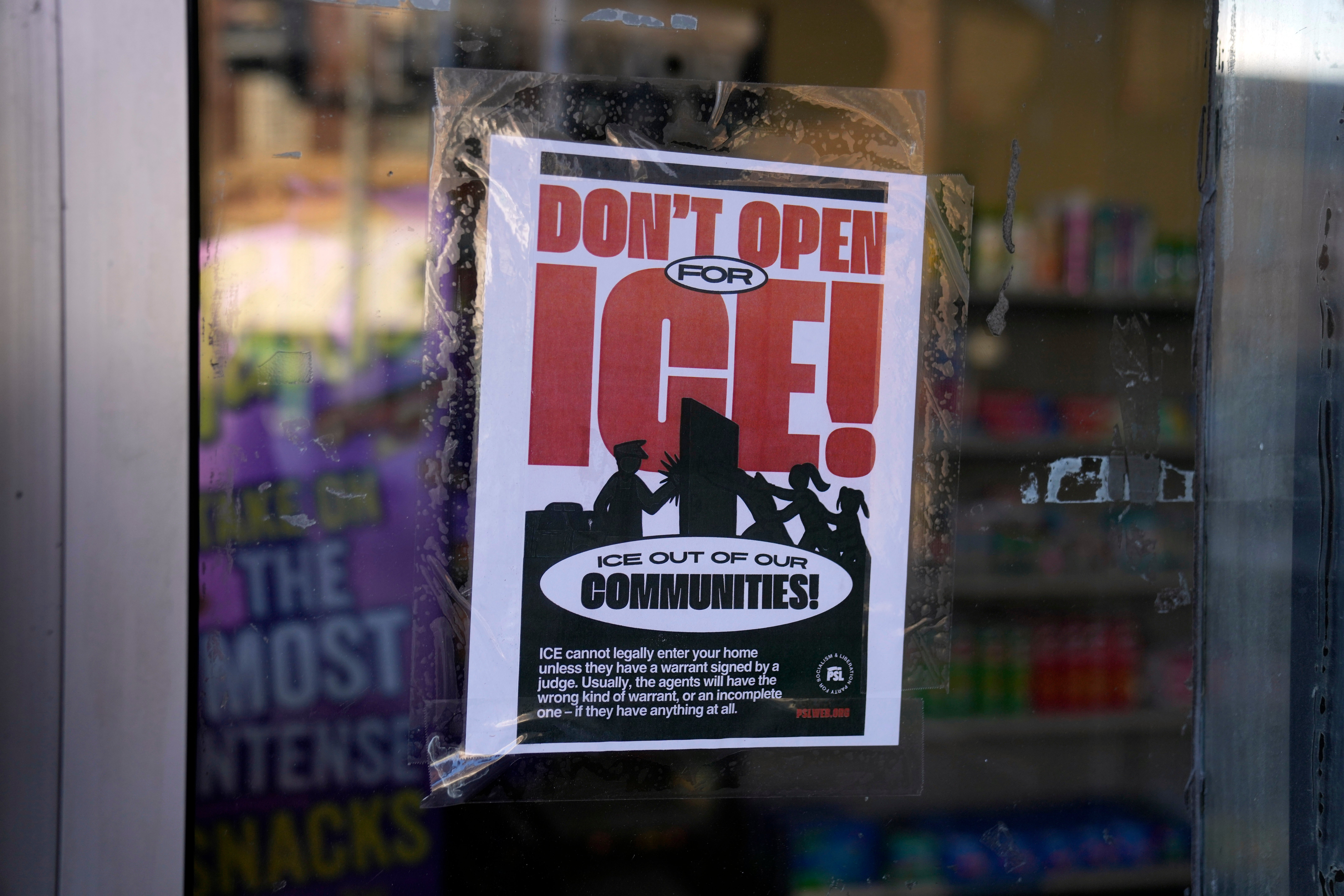Chicago’s Little Village neighborhood, home to a large population of Latin American immigrants, has reportedly gone quiet, as the city waits to see whether it becomes the first target of Donald Trump’s plan to carry out mass deportations immediately upon taking office.
Immigration czar Tom Homan said Monday that Immigrations and Customs Enforcement had “pulled back” a reported Chicago operation, after news of the potential plan leaked over the weekend, but that Americans will see the agency in action “real soon.”
The looming threat of an ICE raid, whenever it comes, has already impacted the Little Village area, according to local business owners and officials.
The owner of multiple Mexican restaurants in the area told Bloomberg that worried employees have already begun not showing up for work.
“I’ve been here for 25 years and I’ve seen many things, but nothing like this,” he said. “This is about how we are going to survive this, and I’m not just talking about my employees, I’m talking about the whole customer base.”
"Now that we are on the first day or second day of the Trump administration, God knows what the enforcement is going to look like. It is that unknown that really has people worried," 22nd Ward Alderman Michael Rodriguez told ABC7 Chicago.

Local business leaders, meanwhile, said foot traffic in the area appeared to be around 50 percent of its usual level.
On Tuesday, officials with the Little Village Community Council passed out fliers educating constituents about their rights in the case of an ICE stop.
"One of the main things is letting them know not to sign anything, not to say anything, not to answer questions, and stay quiet," Little Village Community Council president Baltazar Enriquez told CBS News. "The flyer that we’re giving out, it has phone numbers for the consulate – the Mexican consulate, the Honduran consulate, the Guatemalan consulate, and attorneys that are willing to help them out for free."
Chicago Public Schools, meanwhile, has said it has a dedicated legal team ready to assist students and their families in the face of deportation attempts.
In his first moments in office, Trump made several important immigration-related actions and executive orders, including attempting to rescind birthright, declaring an emergency at the U.S.-Mexico border, reinstating the Remain in Mexico program, freezing asylum claims, and shutting down a Border Patrol app regulating entry appointments to cross into the U.S.
Illinois was one of 22 states that sued the Trump administration on Tuesday over the birthright citizenship executive order.
"The language in the 14th Amendment is clear, and not ambiguous," Attorney General Kwame Raoul told CBS Chicago. "If you are born in this country, you are a citizen of this country. "







